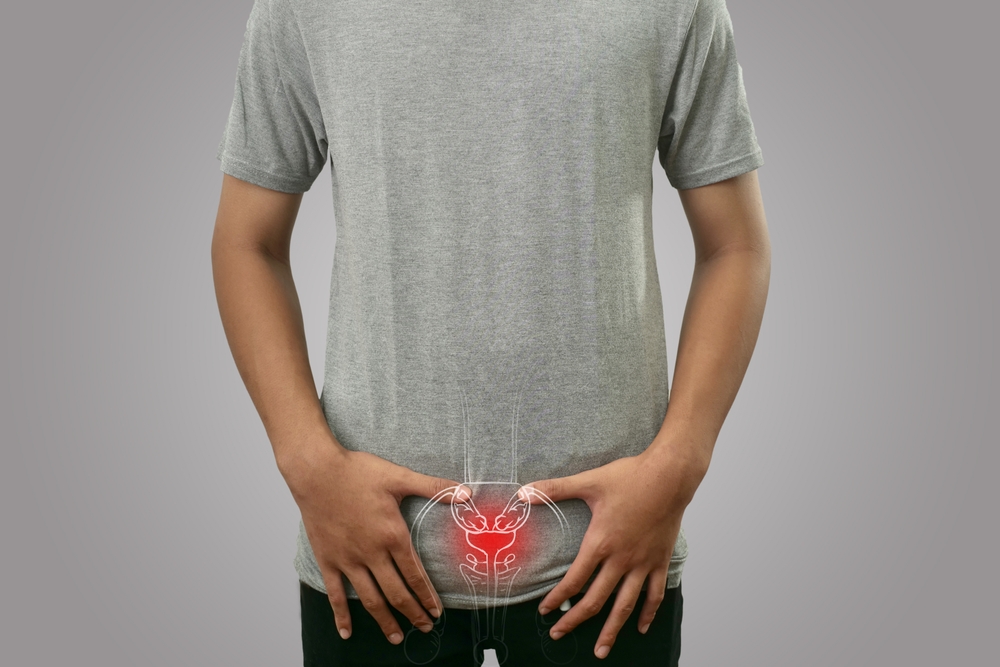Prostate cancer is one of the most common cancers affecting men, particularly those over 50. The disease can often grow silently in its early stages, with few obvious symptoms. Because of this, early detection becomes crucial. While some signs are more noticeable than others, it’s important to recognize these indicators early on to help ensure a better chance for treatment. Prostate cancer’s silent progression underscores the need for regular screenings and vigilance when symptoms emerge. Men should stay informed about the warning signs and undergo regular checkups to detect any changes in their health.
Key symptoms to look out for
Prostate cancer may present itself in subtle ways. The symptoms can range from urinary changes to physical discomfort in certain parts of the body. While these symptoms are not exclusive to prostate cancer and can be indicative of other conditions, their persistence should raise concerns and prompt further medical evaluation. Early intervention can significantly improve the chances of successful treatment and minimize complications.
- Changes in urinary patterns: This includes increased frequency, particularly at night, difficulty starting or stopping urination, and a weak or interrupted flow.
- Discomfort during urination or ejaculation: A common symptom is a painful sensation when urinating or during sexual activity.
- Blood in urine or semen: The presence of blood in these bodily fluids should not be ignored and requires immediate medical attention.
- Erectile dysfunction: Difficulty maintaining an erection can sometimes indicate prostate cancer, especially if it occurs suddenly and without a known cause.
- Unexplained pain: Persistent pain in the lower back, hips, or pelvic area can also be a warning sign.
Understanding urinary changes and discomfort
Changes in urinary function are among the first indicators that prostate cancer may be developing. These alterations can manifest in various ways, from an increased need to urinate at night to a feeling of urgency or incomplete bladder emptying. Men may also experience a slower or weaker urine stream, which can make urination more difficult or uncomfortable. While these issues are often related to benign conditions, if they persist, they should not be overlooked. Similarly, discomfort in the lower back or pelvic area could indicate that the cancer is affecting the prostate and surrounding areas. It’s important to consult with a healthcare provider if these symptoms arise and persist.
Why regular screenings are essential
Regular screenings, especially for men over the age of 50, are vital for detecting prostate cancer in its early stages. The prostate-specific antigen (PSA) blood test, along with a digital rectal exam (DRE), are common screening tools used to identify abnormalities in the prostate. These screenings help doctors detect early signs of prostate cancer, even before symptoms appear. Early detection through these methods has been proven to lead to better treatment outcomes. Men with a family history of prostate cancer or other risk factors may need to start screening earlier. Staying proactive in monitoring prostate health through regular checkups is the most effective strategy for identifying potential issues early.
What to do if you notice signs
If you notice any of the symptoms associated with prostate cancer, it’s important to take action as soon as possible. Early detection is key, and the sooner you seek medical advice, the more treatment options may be available. If symptoms such as difficulty urinating, blood in urine or semen, or persistent pain occur, it’s essential to consult a doctor who can conduct the necessary tests, such as a PSA test or DRE, to determine the cause of these changes. Even if prostate cancer is not diagnosed, addressing symptoms early can help prevent other complications from worsening. Additionally, maintaining a healthy lifestyle with regular exercise, a balanced diet, and stress management can help improve overall prostate health.
















